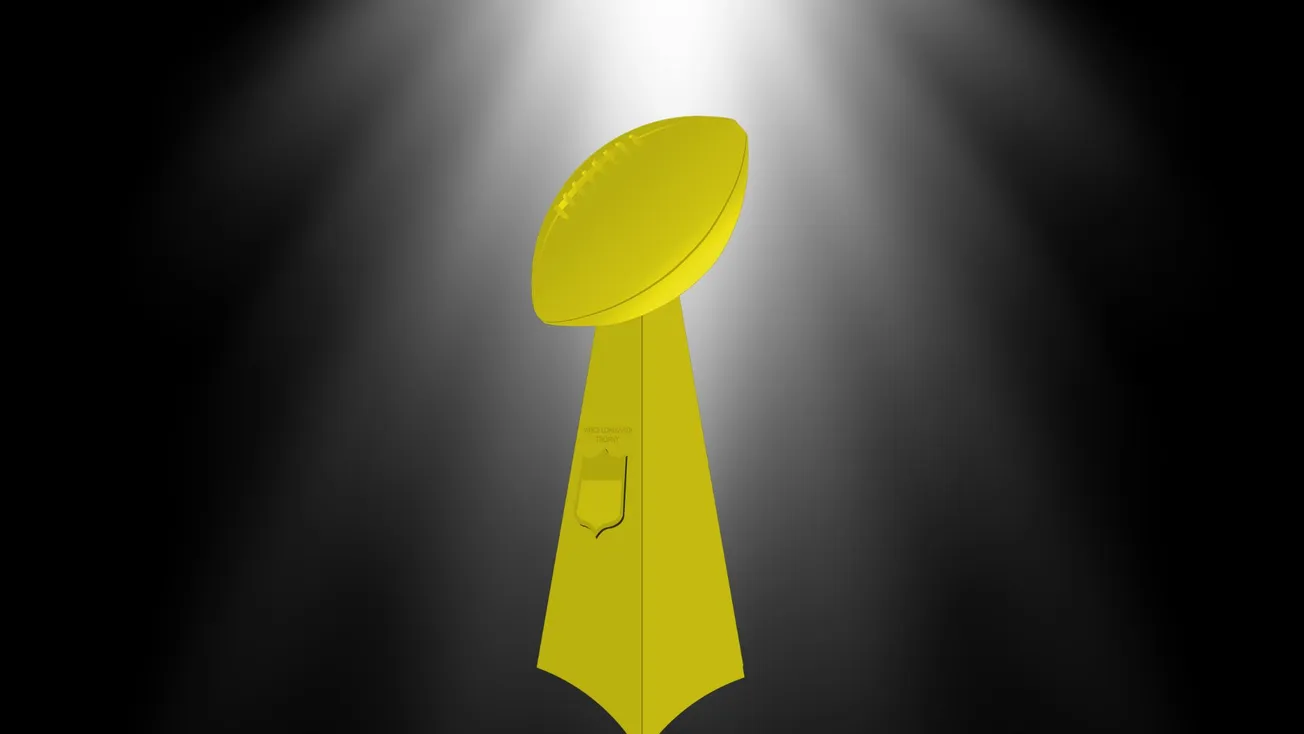It won’t surprise me if a player on the winning Super Bowl team chalked up victory to The Almighty.
“For every player who credits God for the win, a player from the opposing team can logically blame God for the loss,” proposes a Facebook meme from astrophysicist, author, and science communicator Neil deGrasse Tyson.
“Man, first of all, glory to God. He’s given us this opportunity, man ...” I heard San Francisco 49ers quarterback Brock Purdy proclaim after he led his team to a Super Bowl berth in a dramatic come-from-behind win over the Detroit Lions in the National Football Conference championship.
Did he mean that Divine intervention doomed Detroit? If so, will God, come Sunday, favor us and deny them — the American Football Conference champion Kansas City Chiefs — a third straight Super Bowl title?
“Many sports figures who win say it’s all to the glory of God,” said Rev. Dr. Bruce Dobyns, a retired Disciples of Christ pastor in my neck of the deep western Kentucky woods. He added, “Is it solid theology? No. It’s civic theology – what you think you’re supposed to say if you’re a Christian in the secular world.”
He said civic theology — which includes players kneeling in prayer after touchdowns — is the opposite of Matthew 6:6, where Jesus warned against praying in public to be seen by others, and admonished, “Enter into thy closet, and when thou has shut thy door, pray to thy Father which is in secret; and thy Father which seeth in secret shall reward thee openly.” (King James Version)
Many, but not all, athletes who practice civic religion are Christian conservatives. “Politics have a huge and largely unexamined influence on the shape of religion in sports, a politics very much of the Christian Right variety,” wrote Tom Krattenmaker in the introduction to Onward Christian Athletes: Turning Ballparks into Pulpits and Players into Preachers.
The author agreed that athletes have “every right” to “express their faith in the stadium and the media.” But he added that “the public does have a stake in what happens around religion in major league sports. ... If pro leagues and teams are going to expect public financing of stadiums, the continuation of their crucially important antitrust exception, and all the other forms of support provided by their communities, they are accountable to the public. If they’re going to get us to watch games by telling us it’s ‘our’ team, then they need to respect the larger swath of us.”
Krattenmaker proposed that “given the evangelical Christian dominance of religion in the game, and given that the movement promotes an exclusive theology (and politics) counter to the interests of the majority of us in a religiously, politically diverse America, it seems clear that those who run pro sports are not fulfilling their obligation to ensure the religious playing field is level and fair.”
Writing in Salon, Krattenmaker warned that “the Christianizing of sports comes at a scarcely examined cost, both to fans who would prefer watching the game without a dose of in-your-face religion and, in the view of some critics, to religion itself. The problem is that the sports-world faith movement isn’t only bringing religion to professional locker rooms, but a potentially divisive brand of conservative Christianity, replete with a worldview shaped by an intolerance of gays and lesbians, women’s rights, and other religions.”
In his article headlined “Going long for Jesus,” Krattenmaker cited Shirl Hoffman, an authority on the influence of evangelical Christianity on sports, who said “a separation of church and sport is not in the playbook, as neither sports nor religion has much incentive to end a relationship that grants both of them an attractive public image.”
Krattenmaker also quoted an ex-pro athlete who is part of a Christian sports ministry. “Players who believe God helps them win miss the point of the rich tradition of the Christian faith,” said the former player who, Krattenmaker said, “spoke on the condition of anonymity, fearing reprisal from his ministry.”
He told Krattenmaker, “I think the problem with sports ministry is the problem with the American church in general. We look for celebrities to promote a brand name. In my understanding of the gospels, this is the antithesis of the method Jesus used while on earth.”
--30--
Comments








